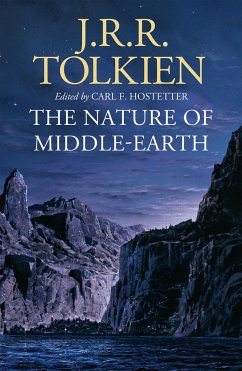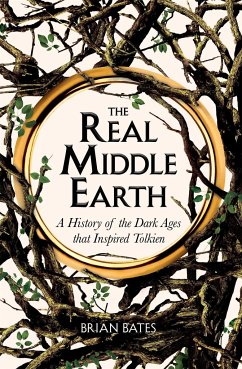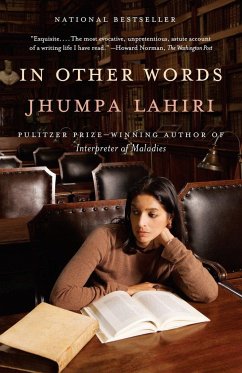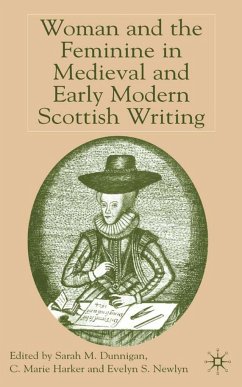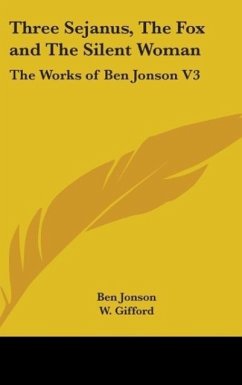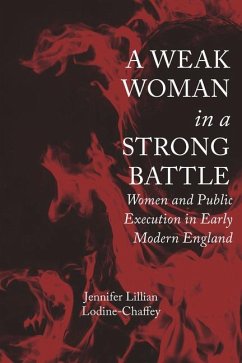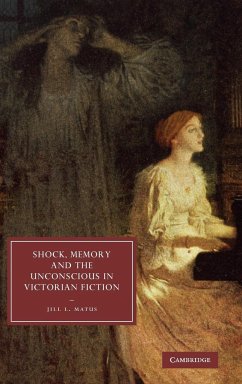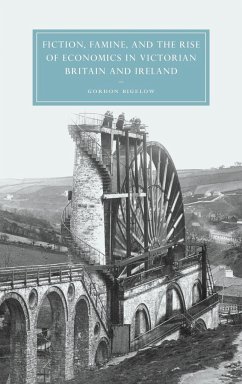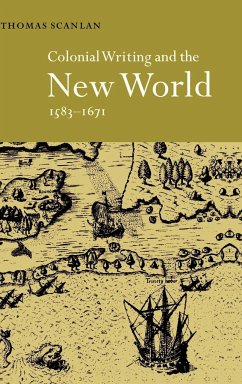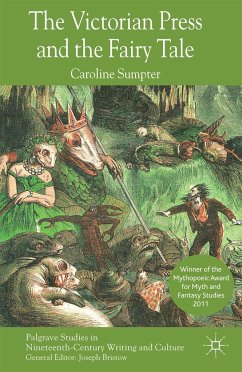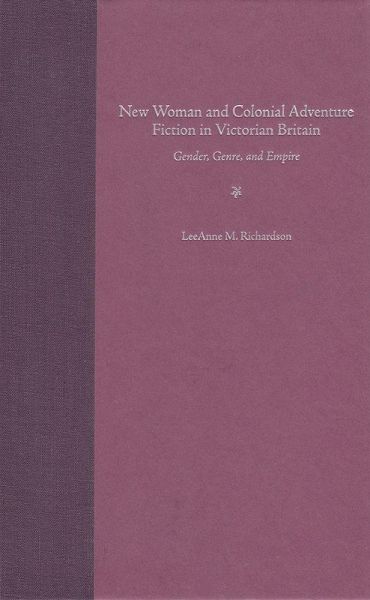
New Woman and Colonial Adventure Fiction in Victorian Britain
Gender, Genre, and Empire
Versandkostenfrei!
Versandfertig in über 4 Wochen
56,99 €
inkl. MwSt.

PAYBACK Punkte
28 °P sammeln!
Cultural concerns about gender and empire converge in striking and unexpected ways in two popular novel forms of late-Victorian Great Britain. In the 1880s and 1890s, feminist New Woman fiction and colonial adventure stories competed for the sympathies of their readers. While one form questions a system that proclaims male superiority and the right to dominate others, the second celebrates British male victories over "savage" landscapes, animals, and people. Despite their differences, the author argues, one subgenra is the twin star of the other: Each revolves around the other, affected by the...
Cultural concerns about gender and empire converge in striking and unexpected ways in two popular novel forms of late-Victorian Great Britain. In the 1880s and 1890s, feminist New Woman fiction and colonial adventure stories competed for the sympathies of their readers. While one form questions a system that proclaims male superiority and the right to dominate others, the second celebrates British male victories over "savage" landscapes, animals, and people. Despite their differences, the author argues, one subgenra is the twin star of the other: Each revolves around the other, affected by the other's gravitational pull as well as by the influence of larger ideological constellations. In each subgenre, shifting gender boundaries are at stake and sexual desire often drives the narrative engine of the novels. The two subgenres intersect on topics of pressing cultural debates--Irish Home Rule, women's suffrage, the expanding empire, and a growing human rights movement--and in a number of ways, such as their use of similar metaphors and modes of narration. While empire builders speak of enlarging their territory and creating a wider sphere of action, New Women use the same metaphors for their excursions out of the domestic realm. Richardson's discussion includes Olive Schreiner's The Story of an African Farm--written in 1883 and considered the first New Woman novel, She and King Solomon's Mines--both by the master of the colonial adventure genre H. Rider Haggard, as well as Mona Caird's The Daughters of Danaus, Flora Annie Steel's On the Face of the Waters, Rudyard Kipling's Kim, and Joseph Conrad's Heart of Darkness.



